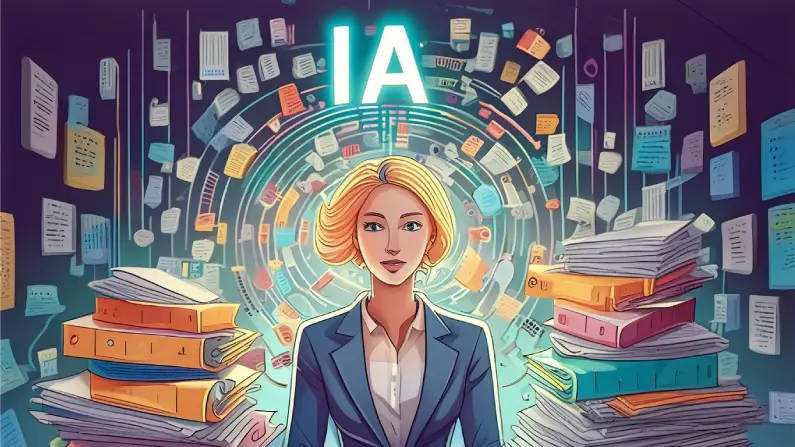AI revolutionises cyber security for better... and for worse!
Is it a new weapon in the hands of cybercriminals or an effective shield to protect our information systems?
Co-written by Cédric VASSEURORSYS trainer, expert in AI and cybersecurity, and the editors of ORSYS le mag, this white paper will help you understand the advantages and disadvantages of AI.
You'll find figures, references to AI-based cybersecurity solutions, examples of AI hijacking and deconstructed scams...
In summary
- AI at the service of cybersecurity
- Faster detection and response to threats
- Anticipating threats
- Automated responses
- The risks of AI
- Existing threats enhanced by AI
- New risks: vulnerable AIs
- Best practice and recommendations
View and download the white paper
To find out more
Quiz






